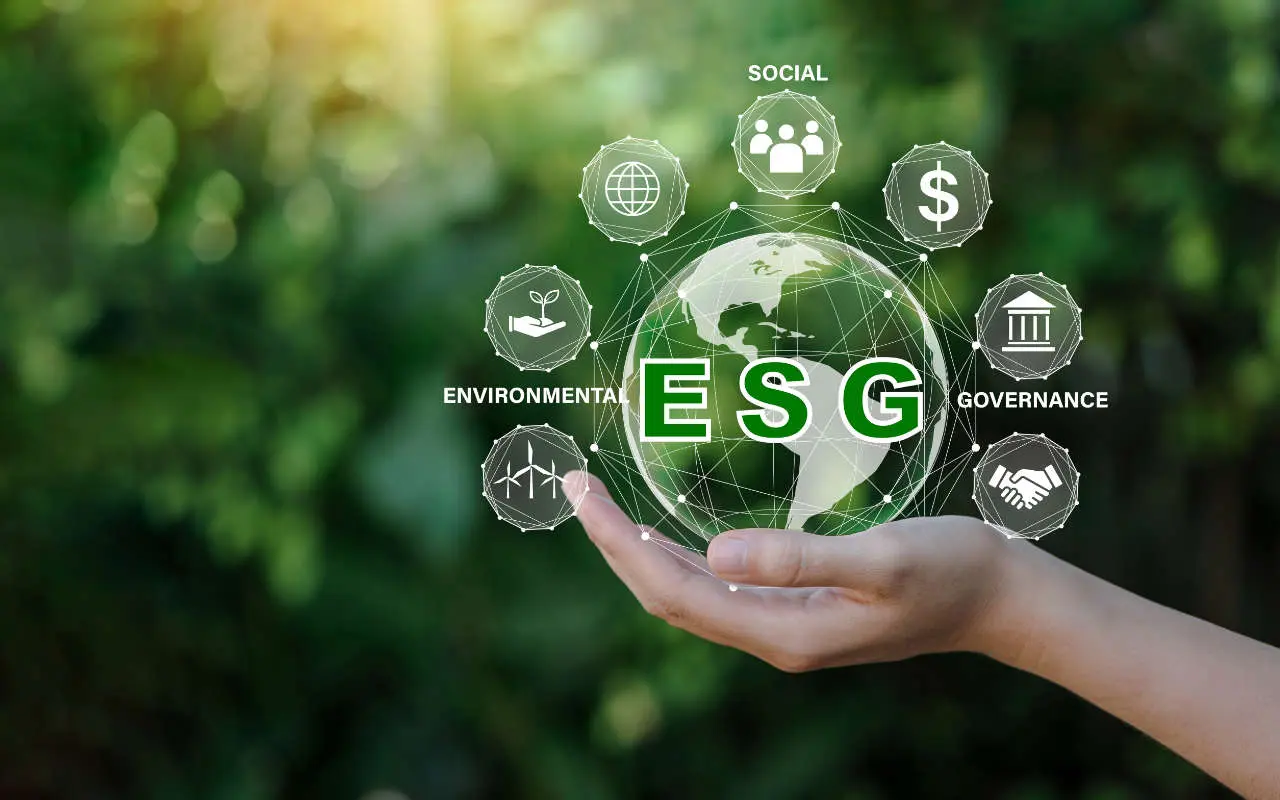In Short : Despite reassurances from Shell’s CEO about the company’s commitment to sustainability, recent filings indicate a drop in its sustainability efforts. This discrepancy raises concerns about the company’s genuine dedication to green initiatives. Investors and stakeholders are likely to closely monitor Shell’s actions and hold the company accountable for meeting its sustainability goals in the face of evolving global climate challenges.
In Detail : Shell CEO Wael Sawan has assured staff of his commitment to sustainability despite an apparent decline in interest within Shell filings.
Wael Sawan, CEO of British multinational oil and gas company Shell, has said in a speech that he “believes in urgent climate action” despite the company’s recent apparent shift away from sustainability commitments and towards oil and gas.
Speaking to employees on Tuesday (17 October), Sawan named affordability as the primary obstacle to transition but reportedly assured staff that Shell’s company strategy had not changed.
The speech preceded Wednesday’s announcement that Qatar will supply Shell with 3.5 million tonnes of natural gas annually for 27 years, according to QatarEnergy, the state-owned energy company.
That follows two other agreements between QatarEnergy and Shell for a share of the North Field gas expansion project, which holds approximately 10% of the world’s known natural gas reserves.
Qatar is one of the world’s top liquid natural gas (LNG) producers, alongside the US, Australia and Russia, and is set to raise its output by at least 60% to 126 million tonnes a year, by 2027. Its most recent deal with Shell is equal in length to previous agreements with France’s TotalEnergies, the China National Petroleum Corporation and China’s Sinopec, all of which now represent the longest LNG deals in history.
In his letter published as part of Shell’s 2022 Sustainability Report, Sawan wrote: “We expect that LNG will play an important role in such a transition. It provides a critical supply of energy today, and it produces fewer greenhouse gas emissions than coal when used to generate electricity … In 2022, we made significant investments to increase production of LNG and reduce emissions from the process.”

